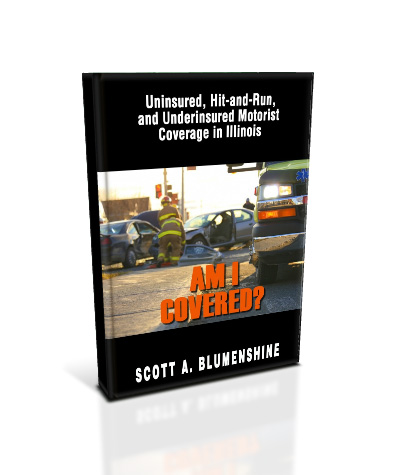According to the Federal Highway Administration (FHWA), of nearly six million vehicular accidents that occur yearly in the U.S., approximately 22 percent are weather-related. Nearly 6,000 people are killed, and another 445,000 are injured due to accidents that occur during bad weather.
Just a few days ago, I-74 in Illinois near rural Oakwood was closed for several hours after a multi-vehicle crash resulted in four people going to the hospital. Two sheriff’s deputies were among those who needed emergency treatment. The deputies were at the scene of another accident when a tractor-trailer ran head-on into them. The Sheriff’s Captain commented that the roads were slick and icy, and the Department responded to several other accidents that night.
A weather-related accident is defined as one that occurs in any adverse condition, such as sleet, snow, rain, fog, winds, or on slick pavement. More accidents occur when the roads are wet following a rainstorm than in any other type of bad weather. Wet roads account for 73 percent of all weather-related accidents. Snow and sleet make up 17 percent of bad weather accidents, with 13 percent occurring on icy roads. Only 3 percent of bad weather accidents are caused by foggy conditions.
Ways in Which Weather Impacts Mobility
Inclement weather affects roadway travel in more ways than just causing slickness. Drivers must plan ahead and allow more time to reach their destination. Some mobility problems they may encounter include:
- Roadway capacity may be decreased due to snow accumulation, debris on the road blown there from high winds or road closures due to dangerous conditions.
- On arterial roadways, traffic signal timing may be disrupted. There may be delays of up to 50 percent depending on the severity of the weather and the necessity of speed reductions.
- Freeway speed reductions occur in rain, snow, sleet, and fog. Heavy snow can reduce speed from between 5 to 64 percent.
The FHWA estimates that 544 million “vehicle hours” are lost yearly due to fog, snow, and ice. More hours are lost due to rain than to any other weather condition. Whether you are driving a few blocks to the grocery store in your own town or to a destination that is 100s of miles away, requiring hours on the highway, allow more time for your journey due to weather-related mobility delays.
How the Weather Impacts Accident Liability
The same negligence law principles apply to any car accident apply to accidents in bad weather. Any weather condition that increases risk increases drivers’ duty to use due care. Drivers still have a duty to drive safely even when road conditions are affected due to inclement weather conditions. When drivers venture out onto the roads in bad weather, they know the risk they are taking. Drivers must use caution and be sure:
- The car is properly serviced to accommodate winter driving conditions. For example, tire treads cannot be worn down.
- Adjust speed consistent with driving conditions no matter what the posted speed is.
- Leave more space than usual between them and the car ahead of them to accommodate increased stopping time.
- Allow extra time to get to their destination.
- Drive defensively, knowing the risk that other drivers may not be as aware or prepared as they are.
No matter how carefully you drive, another driver may still slip and slide into you and cause a serious injury. If you are in such a collision, be sure it is safe before you exit your vehicle. Then, follow the same procedures you would follow if the weather was just fine. Exchange contact information, insurance, driver’s license, and registration information. If possible, take photographs of the accident scene and of both cars. Call the police to make a report. Get medical attention as soon as possible.
If you were injured in a car accident during inclement weather, which you believe was the fault of another driver, you may need the assistance of an experienced car accident attorney. For a free consultation about your auto or transportation accident, text or call us at (312) 766-1000, email us at [email protected], or contact us online.


